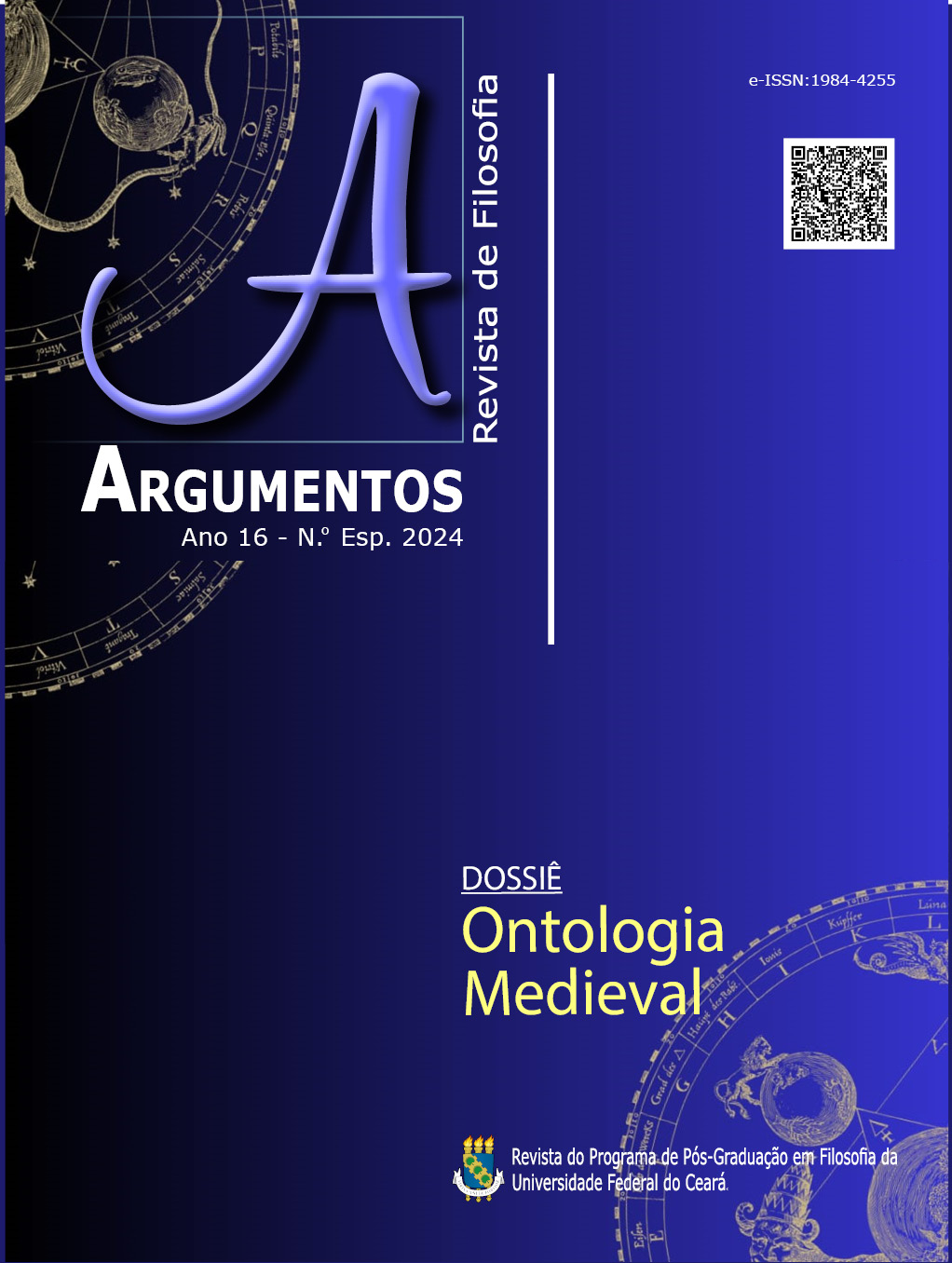On two ways to expand on the harm principle
Palabras clave:
John Stuart Mill. Harm Principle. Public opinion. Liberalism.Resumen
In this article I survey the historical antecedents of what has been commonly referred to as John Stuart Mill´s Harm Principle and some of the ways in which the principle has been discussed in the work of recent analytic philosophers. Subsequently, in the article`s substantive core, I focus entirely on what Mill refers to as the “moral coercion of public opinion”. Here I address matters which I take to underexplored in the literature, namely some difficulties that arise for Mill´s treatment in connection with our ordinary notions concerning politeness and social avoidance. Though the problem of avoidance has been addressed by Dan Threet and John Dilulio, among others, I believe that my approach to the problems created by Mill`s take on politeness is entirely original with me. Considering the foregoing, I propose adding two supplementary clauses to the Harm Principle. I conclude by presenting a modern statement of said principle.
Citas
CAPALDI, N. John Stuart Mill: a Biography. Cambridge: Cambridge University Press, 2004.
CONSTANT, B. Principles of Politics Applicable to All Governments. Trad. de Dennis O’ Keefe. Indianapolis: Liberty Fund, 2003.
DEMETRIOU, K. N.; LOIZIDES, A. John Stuart Mill: a British Socrates. Palgrave: Macmillan, 2013.
DILULIO, J. P. Completely free: the moral and political vision of John Stuart Mill. Princeton: Princeton University Press, 2022.
DWORKIN, G. “Paternalism”. The Monist v. 56, n. 1, 1972, p. 64-84.
FEINBERG, J. Harm to Others. Oxford: Oxford University Press, 1984.
FEINBERG, J. Harm to Self. Oxford: Oxford University Press, 1986.
FEINBERG, J. Harmless Wrongdoing. Oxford: Oxford University Press, 1988.
FEINBERG, J. Offense to Others. Oxford: Oxford University Press, 1985.
FOLLAND, A. The Harm Principle and the Nature of Harm. Utilitas, v. 34, 2022, p. 139-153.
HUMBOLDT, W. von. The limits of state action. Cambridge: Cambridge University Press, 1969.
LOCKE, J. Two Treatises of Government and a Letter Concerning Toleration. New Haven: Yale University Press, 2003.
MILL, J. S. Autobiography (1873). In: Collected Works of John Stuart Mill. v. 1. New York: Routledge, 2008.
MILL, J. S. “Civilization” (1836). In: Collected Works of John Stuart Mill. v. 18. New York: Routledge, 2014.
MILL, J. S. “Coleridge” (1840). In: Collected Works of John Stuart Mill. v. 10. New York: Routledge, 2014.
MILL, J. S. On Liberty. (1859). In: Collected Works of John Stuart Mill, v. 18. New York: Routledge, 2014.
MILL, J. S. “Perfectibility” (1829). In: Collected Works of John Stuart Mill. John M. Robson (Ed), v. 26. New York: Routledge, 2016.
MILL, J. S. The Principles of Political Economy (1848). In: Collected Works of John Stuart Mill. v. 3. New York: Routledge, 2009.
MILTON, J. Areopagitica and other writings. London: Penguin Classics, 2016.
RILEY, J. Mill’s on Liberty. New York: Routledge, 1998.
RILEY, J. Mill’s on Liberty. 2. ed. New York: Routledge, 2015.
THREET, D. Mill’s Social Pressure Puzzle. Social Theory and Press, v. 44, n. 4, 2018, p. 539-565.
TOCQUEVILLE, A. de. Democracy in America. Trad. Harvey Mansfield e Delba Winthrop. Chicago: Chicago University Press, 2000.
TURNER, P. N. Harm and Mill’s Harm Principle, Ethics, v. 124, n. 2, 2014, p. 299-326.
Descargas
Publicado
Número
Sección
Licencia
Derechos de autor 2024 Rodrigo Jungmann de Castro

Esta obra está bajo una licencia internacional Creative Commons Atribución 4.0.
Los autores que publican en esta revista aceptan los siguientes términos:
- Los autores mantienen los DERECHOS AUTORALES otorgados a la revista O el Derecho de Primera Publicación, con el trabajo licenciado simultáneamente a Creative Commons License Attribution (CC BY) que permite compartir el trabajo con reconocimiento de autoría y publicación inicial en esta revista.
- Los autores pueden aceptar contratos, distribución no exclusiva de la versión del trabajo publicado en esta revista (por ejemplo: publicación en el repositorio institucional o como capítulo del libro), con reconocimiento de autoría y publicación inicial en esta revista.
- Se permite a los autores publicar y distribuir su trabajo on-line (por ejemplo, en repositorios institucionales o en su página personal) durante el proceso editorial de información de que el artículo está en proceso de publicación. Esto puede aumentar el impacto y cita de trabajos publicados.

SOBRE COPYRIGHT Y POLÍTICA DE ACCESO LIBRE
La revista utiliza la atribución CC BY



.jpg)










._._3.png)
1.jpg)
._._._.png)
